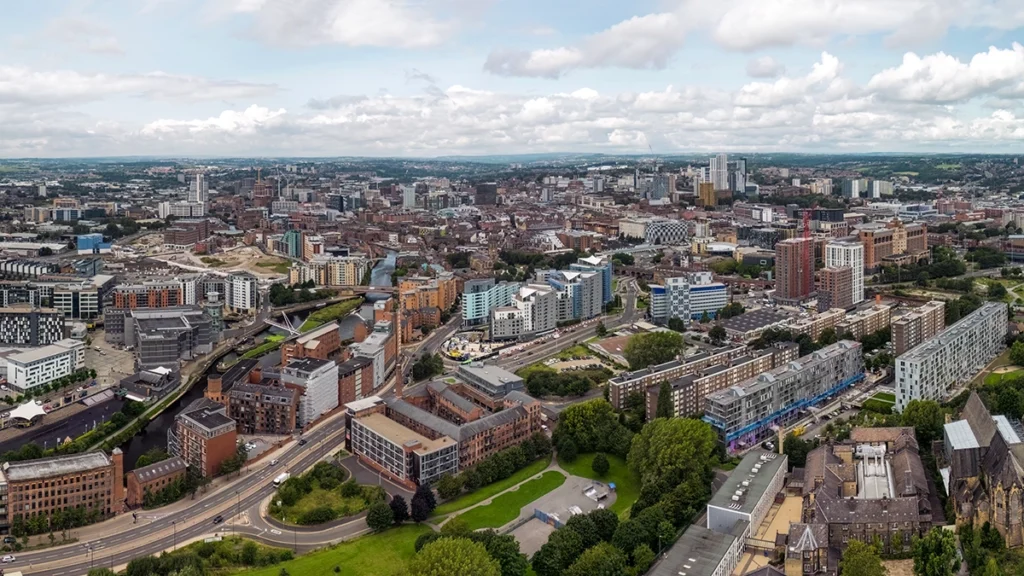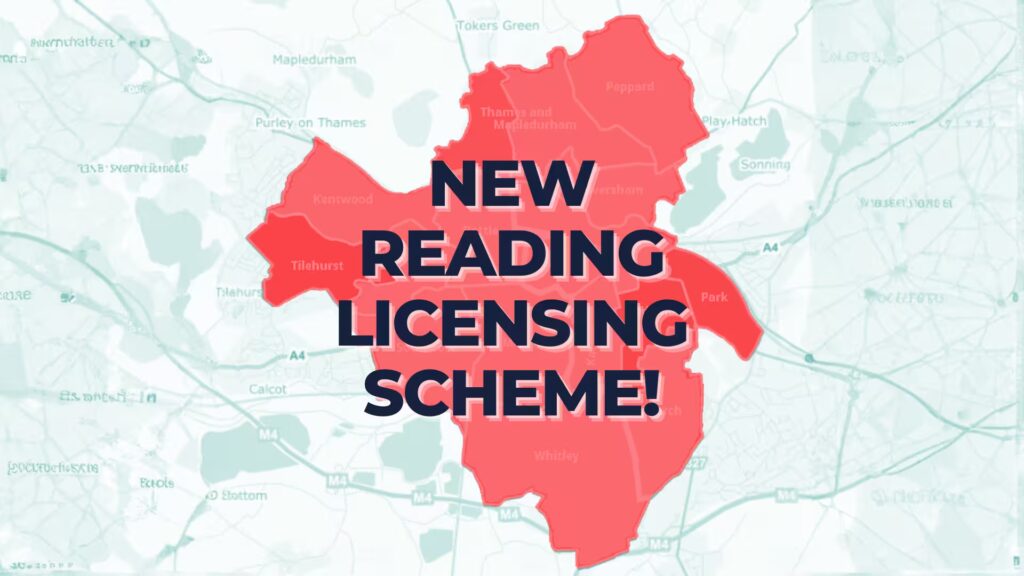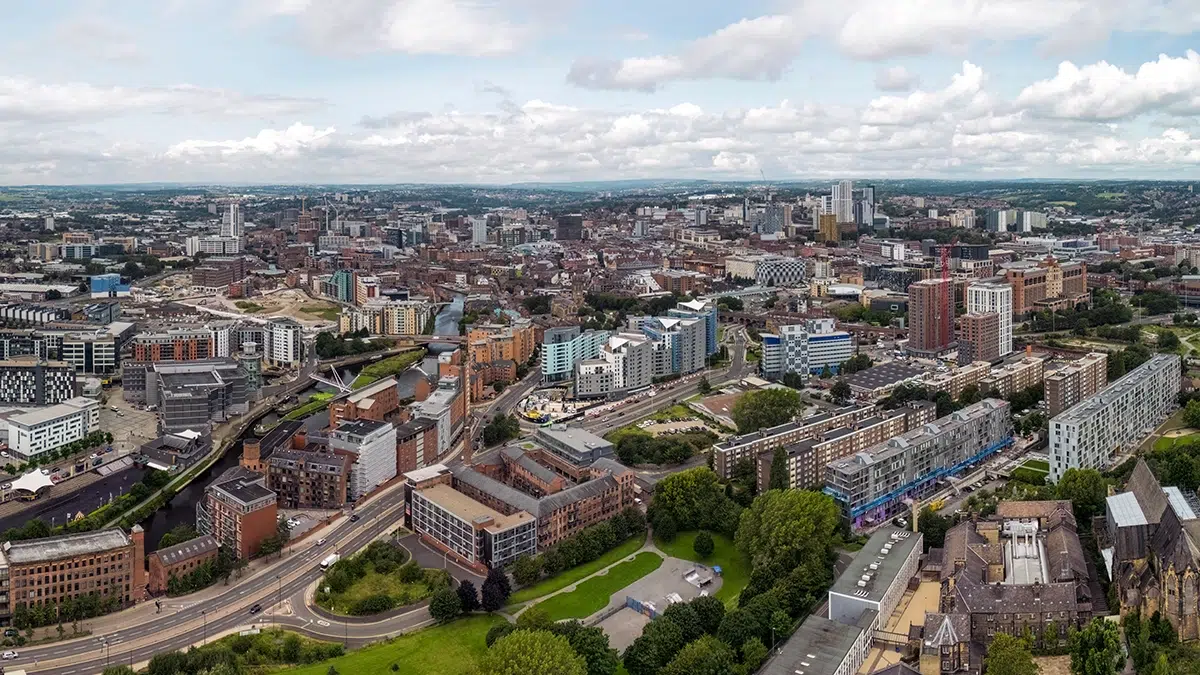In the London Borough of the City of Westminster, new additional HMO licensing will come into operation on 30th August 2021.
The scheme has been introduced as part of a wider strategy for the private rental sector, as the council seeks to improve their ability to properly license all HMO properties in the borough. Currently, the council is restricted by national laws to only be able to license 300 of the 9000 and more HMOs in Westminster.
Why is new HMO licensing needed?
With the consultation which closed in February 2021, the council will be able to greatly increase living standards for tenants and provide landlords with a common benchmark for HMO property licensing and compliance, and eradicate poor tenancy management and practice.
Cllr Heather Acton, Cabinet Member for Public Protection & Licensing, said: “The safety and livelihood of our residents and communities is always at the peak of priorities for the council, and now more than ever, ensuring that Westminster has a high-quality provision of housing in the private rented sector is imperative.
“With this additional licensing scheme for homes of multiple occupancies, we will be able to significantly increase our reach over this specific part of the sector, driving up standards across the board and ensuring that private tenants in the area are living in shared properties that are well managed and maintained and, most importantly, and safe and secure.”
The largest private rented sector in England is in the City of Westminster borough with an estimated 52,700 properties and 43% of the total housing stock, many of these properties marked as HMOs.
How can I check my property compliance?
The HMO Services Compliance checker will help you stay one step ahead of any changes like this and help with your property compliance, so you know how any licensing changes by your local council could affect you. Just enter your postcode to find out more.
What is a HMO?
To determine what is an HMO we need to start with what ‘HMO’ stands for ie. House in Multiple Occupancy or House of Multiple Occupation. The standard definition of a section 254 HMO is: 3 or more tenants, more than 1 household and shared facilities.
For Section 257 HMOs, the standard definition of a section 257 HMO refers to buildings that: have been converted into self-contained flats; the conversion did not comply with the relevant Building Regulations in force at that time and still does not comply; and less than two-thirds of the flats are owner-occupied.
What is Property Licensing?
Property licensing is the Local Authority’s process of improving living standards in rental accommodation and proving that landlords are ‘fit and proper’ persons to operate these properties. The type of licence a property requires varies depending on a number of different factors, including the number of tenants and the council your property is located in.
Why is Property Licensing important?
It is important that you are aware of both the national and local authority regulations. The licensing rules are not consistent across every London borough, with each individual borough creating its own set of licensing rules. A professional licensing company should be instructed to guide you through the process. In short, the type of licence required will depend on the property itself, how it is tenanted and the borough that it is located in.
















